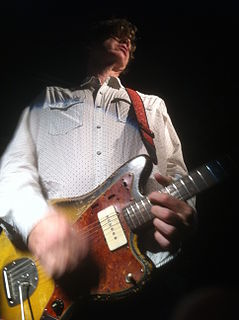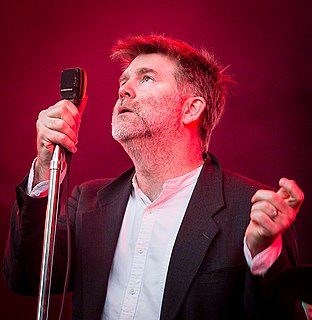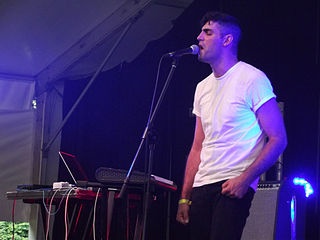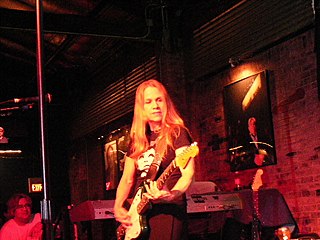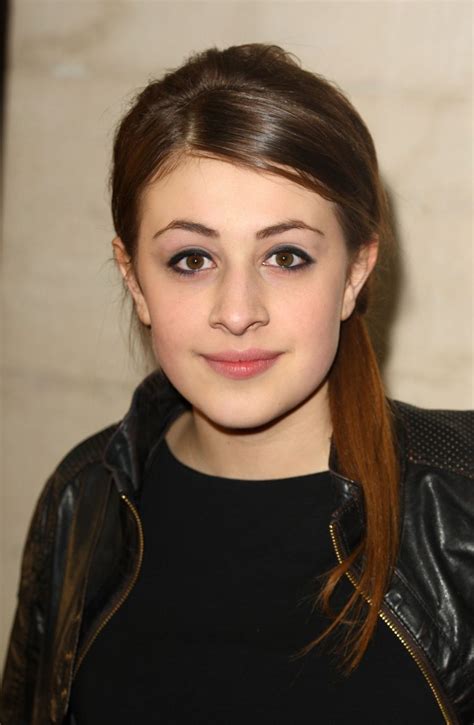A Quote by Beth Ditto
We were a small group of weirdos and baby punks and gays and free spirits who had to use our imaginations a lot. We only saw pictures and read zines, so we could only interpret the aesthetic and message of punk scenes around the world. We were basically the duck-billed platypuses of punk.
Related Quotes
We never fit in completely to [the punk] scene because we were writing love songs that were heartfelt and endearing. Some of the punks didn't know what to make of us, but I finally realized that was what made us punk. We sang what we meant, from the heart, and didn't worry about what anyone was going to think.
In San Francisco, most of the older activists, especially at Berkeley, were very hostile towards punks. The music, certainly, wasn't nice and mellow for them, and neither was our look or our attitude. While in Vancouver, the two most important early punk bands, D.O.A. and the Subhumans, were both managed by former yippie activists, who saw this as a logical extension of what they were already doing.
People ask me: ‘What is punk? How do you define punk?' Here's how I define punk: It's a free space. It could be called jazz. It could be called hip-hop. It could be called blues, or rock, or beat. It could be called techno. It's just a new idea. For me, it was punk rock. That was my entrance to this idea of the new ideas being able to be presented in an environment that wasn't being dictated by a profit motive.
Symbols and emblems were everywhere. Buildings and pictures were designed to be read like books. Everything stood for something else; if you had the right dictionary, you could read Nature itself. It was hardly surprising to find philosophers using the symbolism of their time to interpret knowledge that came from a mysterious source.
The 1970s was probably the most exciting decade to be a teenager, from discovering Little Richard at the end of the 1960s to glam rock to punk rock to electro music. So much happened in that 10-year span. There were so many musical revolutions. Some were happening at the same time. You had disco going on behind punk. You had Michael Jackson. You had the Sex Pistols.
I went to a fancy dress party as a punk. I went through a stage of being a wannabe punk from the '70s. So, my next-door neighbours were like hardcore punks and I went to see The Vibrators and came home with a T-shirt that said "The Vibrators". My mum said: "You're not going out in that!" But I was really into it. I did soon grow out of it. But that's probably the most embarrassing story I have. I really am just quite normal.

